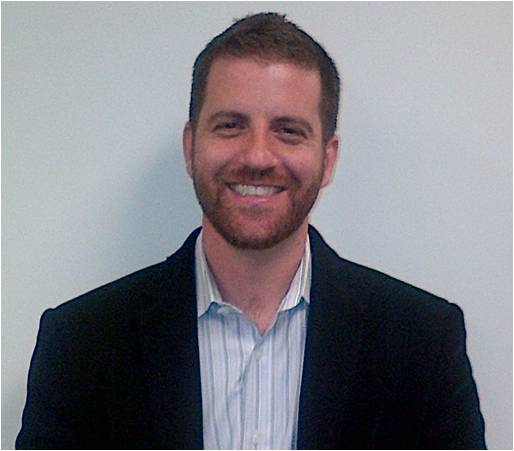Combating the barriers to patient adherence requires a disciplined, and focused and cost-effective approach. This approach must encompass all the stakeholders in the healthcare equation including payors, pharmas and providers. By looking at patient behaviors, motivations and understanding, we can effect change at the patient level. On a systemic level; Payors can save on critical care costs, pharmaceutical manufacturers can stabilize revenue and the system can benefit from less drain on the economy and overall costs. Everyone stands to benefit from increased compliance, most of all…the patient.
It has been proven, using evidence based data, that personalized communications to patients will modify or extend the healthcare interaction beyond the point of care. Using mHealth tools, it is possible to keep patients engaged with what is relevant to them while keeping them connected to the healthcare system. This can be achieved through low-cost and scalable ways ultimately creating massive savings.
Ways it can improve patient care and provider profitability.
- Primary care: This is enabled through telehealth systems. By exchanging clinical information, stakeholders can remotely monitor and create interventions to improve patient outcomes and improving adherence.
- Open Access and Cost efficiencies: Patient access to electronic health records and personal health information engaging and informing while lowering the cost-barriers to navigating throughout the US healthcare system.
- Health and wellness information. Health-related tools and apps are gaining popularity. These personalized fitness tools monitor exercise regimens and track everything from how many calories you burn to your weight and body mass index (BMI).
- Public health research. The data collected from monitoring patients can contribute to population health research and surveillance of groups of individuals with similar medical conditions.
Mobile health is gaining significant acceptance within the healthcare world and set to grow to a $12 billion market place in the next five years. Through patient-centered, mHealth based education, coaching, support and a precise mix of technologies and methodologies, mobile communication is quickly becoming the vehicle to bridge the intersection between people’s healthcare interactions and technology.

Amos Amos Adler, M.Sc. is the Founder & President of MEMOTEXT www.memotext.com. MEMOTEXT creates evidence based personalized patient adherence interventions using a proprietary methodology, PersonoLogic® inference engine, and HIPAA compliant communications platform. As the leader in speech, social and mobile medication compliance interventions, MEMOTEXT tailors and integrates behavior modification, education and support into the everyday lives of patients. He holds a Master of Science in Analysis, Design and Management of Information Systems from The London School of Economics. He can be reached @ [email protected]
Edited by
Brooke Neuman